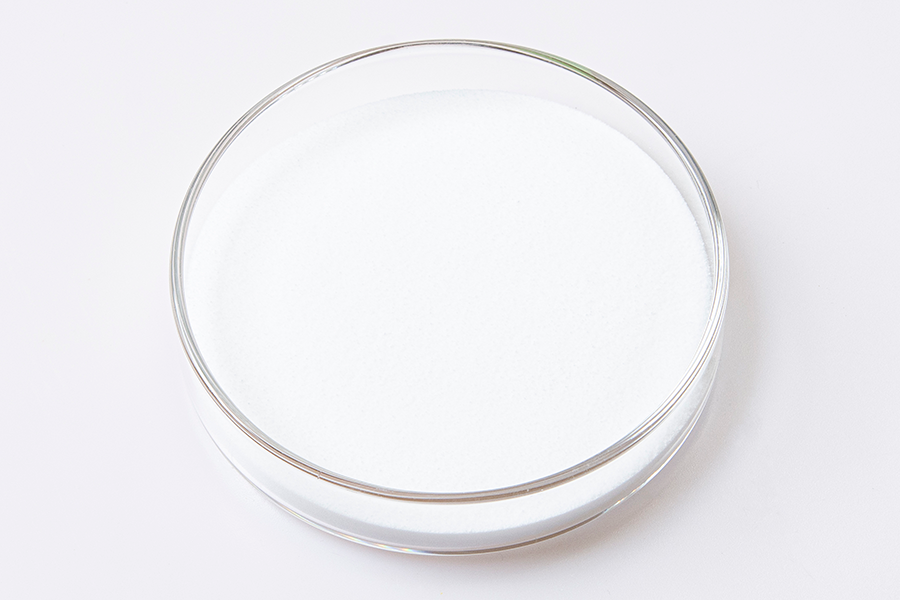taking part in protein, carbohydrate, and fat metabolism.
taking part in protein, carbohydrate, and fat metabolism.

Pantothenic acid is an essential nutrient found in most feed ingredients, with the exception of cassava. Sources of poverty include root crops, barley and corn; rich sources include dairy products, fish-soluble pulp, by-products of flour, high quality alfalfa powder, beer and yeast, oil meal and plant protein products. Pantothenic acid is a component of coenzyme A, taking part in protein, carbohydrate, and fat metabolism. Deficiency of pantothenic acid can lead to depigmentation, hair/feather loss, ulcer, diarrhea, fatty liver, loss of appetite, reproductive problems, insufficient milk supply, convulsions, paralysis, and increased stress sensitivity. The natural pantothenic acid content in modern feed ingredients is insufficient, requiring supplementation for pigs and poultry; ruminants generally do not need supplementation, but calves do. D-calcium Pantothenate is easily absorbed and can function as a source of pantothenic acid in metabolism, and only D-form is biological active. 1 mg of calcium D-pantothenate equals 0.92 mg of pantothenic acid; 1 mg of pantothenic acid equals 1.087 mg of calcium D-pantothenate.
| Ingredient |
Calcium Pantothenate
|
| How to use |
Please inquire
|
| Package |
25 kg bag
|
| Expiry Date |
Unopened, store for 36 months
|